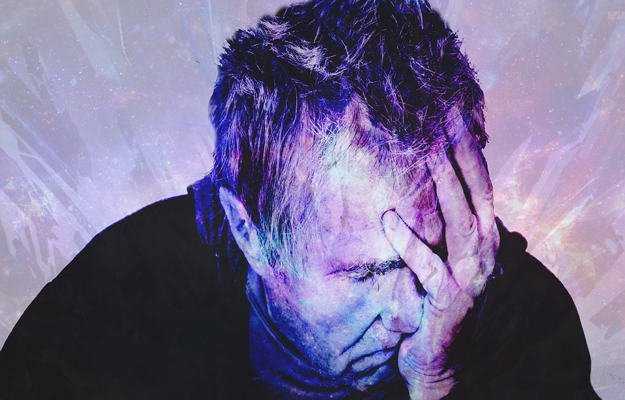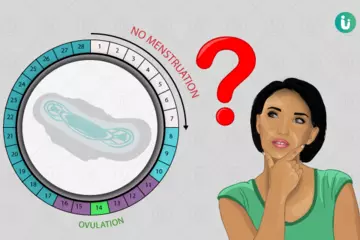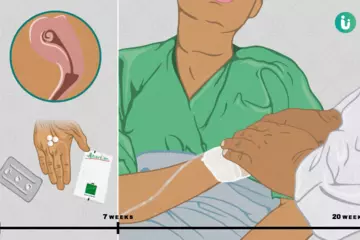What is mycosis fungoides?
Mycosis fungoides is a type of blood cancer of the white blood cells. It is one of the most common types of non-Hodgkin lymphoma in India. Mycosis fungoides mainly affects the skin and forms lesions. It is commonly reported in people above 40 years of age. Children and young adults are also affected. Reports show that men are more commonly affected than women.
What are its main signs and symptoms?
Skin lesions are the most common symptoms seen. The types of skin lesions are:
- Red patches on the skin
- Rashes
- Raised bumps
- Raised or hardened patches
Lesions are typically seen on the chest, abdomen, buttocks, upper thighs and breast region, and are associated with irritation and pain. These skin lesions appear similar to other skin disorders like eczema and psoriasis.
In later stages, symptoms like weakness, fever, weight loss, intestinal ulcers, eye pain and blurred vision may occur.
What are the main causes?
The exact cause of mycosis fungoides is not yet clear. In this condition, T-cells, a type of white blood cells, become cancerous and affect the skin. Even though the skin is involved, the skin cells are not cancerous. Abnormality in certain genes is commonly seen in the affected individuals.
Other causes suggested by researchers are:
- Exposure to harmful (carcinogenic) substances
- Bacterial or viral infection
How is it diagnosed and treated?
Your doctor (dermatologist) will do a thorough examination of your skin and perform blood tests to identify any abnormality in the blood cells. Biopsy, a procedure which removes cells from the lesions for the purpose of diagnosis, is recommended by your doctor. Cells taken via biopsy are sent for examination to diagnose mycosis fungoides. Sometimes your doctor will recommend a protein test to confirm the test results obtained by biopsy. Gene test helps to identify any variations in the genes, when results of other tests are not clear.
Depending on the stage of your disease, your doctor will recommend a corticosteroid, ultraviolet treatment, photochemotherapy and other medications.

 OTC Medicines for Mycosis Fungoides
OTC Medicines for Mycosis Fungoides















